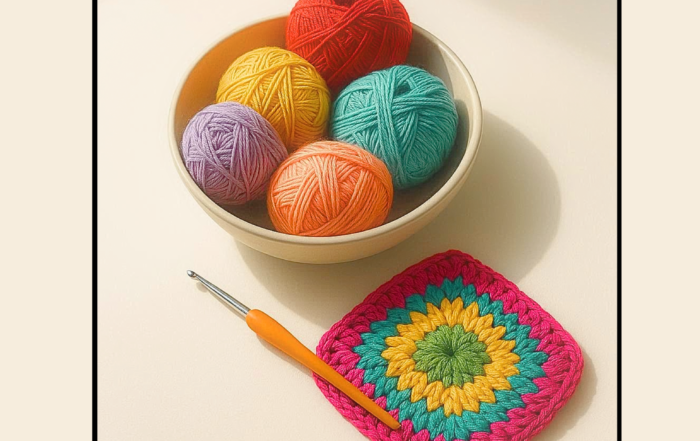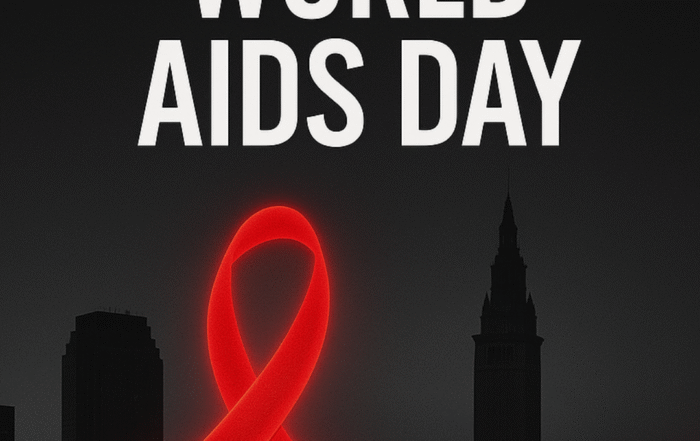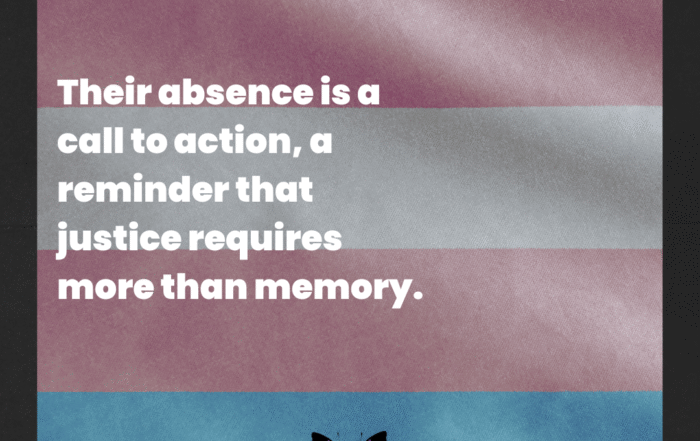Stalking Awareness Month: Recognizing the Signs, Supporting Survivors
Did you know that 13.5 million people are victims of stalking annually in the U.S.? Stalking is more than just unwanted attention—it’s a serious crime that can have lasting emotional, psychological, and physical impacts on survivors.
In Ohio, stalking is legally defined as Menacing by Stalking (ORC 2903.211), but it can happen to anyone, regardless of age, gender, or background. Most stalking cases involve someone the victim knows, such as a current or former partner, acquaintance, or family member.
🔍 Common stalking behaviors may include:
- Following or watching the victim
- Showing up at places where the victim frequents (home, school, work)
- Sending unwanted gifts, messages, or letters
- Using technology to track or monitor the victim’s whereabouts and communication
- Leaving threatening or strange items
Who are the stalkers?
In Ohio, stalking is often perpetrated by someone known to the victim:
- 27% by an intimate partner
- 24% by an acquaintance or friend
Most incidents occur at or near the victim’s residence.
💔 The impact of stalking
Stalking can lead to severe emotional distress, including symptoms of PTSD, anxiety, depression, and feelings of hopelessness. Victims often fear for their safety or that of their loved ones.
💡 What can you do?
If you or someone you know is experiencing stalking, remember: You’re not alone, and there are resources to help.
📞 National Domestic Violence Hotline: 1-800-799-7233
📞 RAINN (Rape, Abuse & Incest National Network): 1-800-656-HOPE
🔗 Stalking Prevention, Awareness, and Resource Center (SPARC): Visit SPARC
🔗Additional Resources: Domestic Violence
💻 Upcoming Webinar: Journey – Intimate Partner Stalking
This online training explores the connection between domestic violence and stalking, covering safety strategies and support for those impacted.
📅 Register here: Zoom Link
(Note: This is not a Save Our Families event.)
about author
Created by the team at Save Our Families.
subscribe to our newsletter
Join the Save Our Families newsletter for updates on community care, mental health tools, healing stories, and events you won’t want to miss.
Note: We promise not to flood your inbox—just healing vibes, resources, and real talk.
Recent Posts
Save Our Families Invites Cleveland Residents to a Crochet Workshop
CLEVELAND, OHIO — December 8, 2025 —Save Our Families, in partnership with A2:21:4C, is proud to announce a free community-centered crochet workshop taking place on Wednesday, January 14, 2026, from 6 to 8 PM. The
World Aids Day: A Personal Reflection from the President of Save Our Families
Growing up in Cleveland in the early 1990's, I watched my mother, Nita S. Steele, move through the AIDS epidemic with a kind of courage and tenderness that still shapes me today. I was young
Trans Day of Remembrance: Their absence is a call to action
At Save Our Families, we focus on centering the voices of those with lived experience, so today we will do that in honor of our trans brothers and sisters. In 2023, I met Lysithea, pre-transition,




